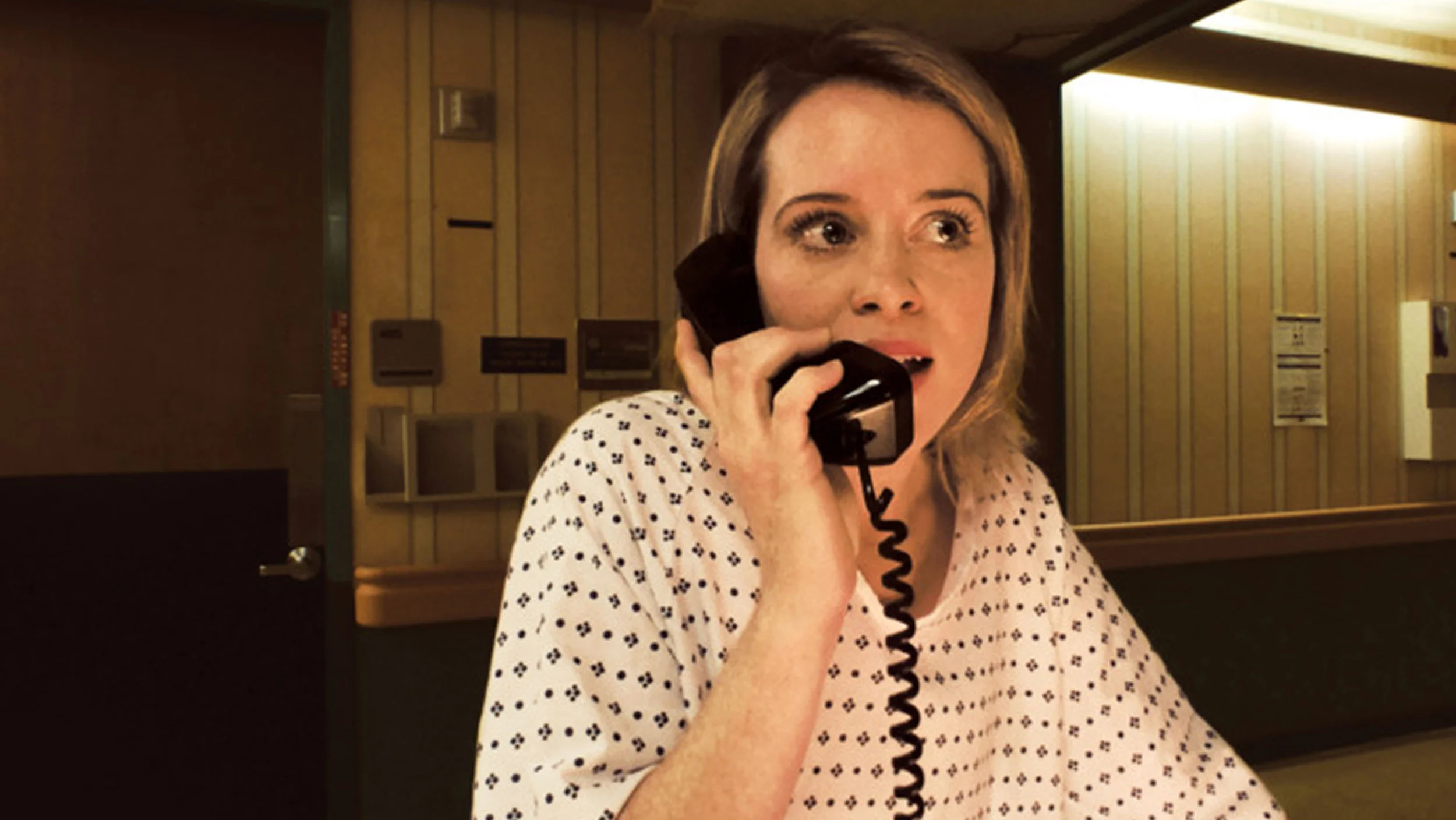'Unsane' Film Review
by Will Lindus
The gimmick of Steven Soderbergh’s Unsane is delicious in its simplicity: what would happen if an established and well-respected filmmaker decided to shoot a psychological horror film entirely on an iPhone? The idea comes with the promise of creativity unshackled from budget, of an artist having to dig deep within his own material to make something significant without the luxury of expensive equipment. It also comes with the promise of accessibility; if Soderbergh can create a film receiving wide theatrical release using only the device in my pocket, what’s stopping me from making my own film? Of course, this isn’t exactly a new technique; amateur filmmakers have been pushing the boundaries of lo-fi technologies for years. And who could forget Sean Baker’s Tangerine, one of the best films of 2015, which used this same iPhone gimmick to tell the story of a hooker seeking her pimp on Christmas Eve?
Soderbergh nails shot efficiency and composition with Unsane, in many ways marking a ‘w’ in the win column for this grand experiment. However, once you get past the technologies and how Soderbergh utilizes them, Unsane reveals its real problem: the script is woefully under developed.
Unsane follows Sawyer Valentini (Claire Foy), an ambitious yet slightly cold woman who is trying to make a new life and a new career in a new city, having previously vacated Boston. Minor daily stressors - compounded by growing suspicions that the stalker she fled in Boston might have found her - leads Sawyer to reach out to a local mental wellness facility. When asked if she has ever had suicidal thoughts, Sawyer replies that she has indeed, though nothing major. With that, Sawyer finds herself institutionalized at the facility, having been ‘tricked’ into voluntarily committing herself. Worse, she soon finds out that her stalker is working at the same facility, and now has her right where he wants her.
Or… perhaps she’s suffering from a mental breakdown? Maybe she is just imagining her stalker? Maybe she does, in fact, need the care of a mental health expert? Or maybe, even, she’s been institutionalized for a while and any memories of her sanity are merely delusions?
On paper, a film about a fragile psyche subverting audience expectations is exactly the type of film I live for. Unfortunately, Soderbergh plays Unsane straight down the middle. It poses each of these questions, but very early on reveals the truth of Sawyer’s situation, deflating any potential surprise or excitement. I’ll hold off on revealing which way the story ends up shifting to avoid potential spoilers. Suffice to say that Soderbergh could have played into the mystery of his premise by withholding a few key pieces of information instead of dropping them into the early parts of the film. It almost feels like Soderbergh is more focused on using the film as a vehicle to expose the real-life problem of mental institutions holding people against their will for insurance money.
Bottom Line: There are a few intense moments and some nifty uses of the iPhone camera that should inspire any would-be filmmaker in the audience, but past these highlights, Unsane is a bit of a slog. Or, perhaps I’m currently in the mental institution and everyone else is going to love this one but me. Or, perhaps, I was just born without the Soderbergh gene and mileage will vary.
2.5 out of 5 Bear Paws


